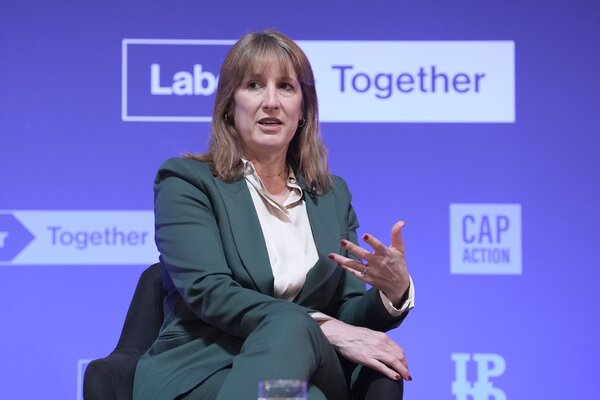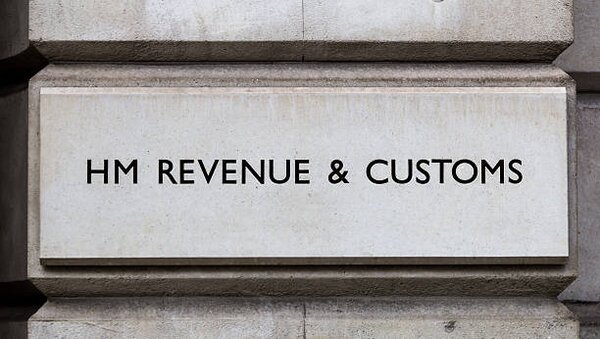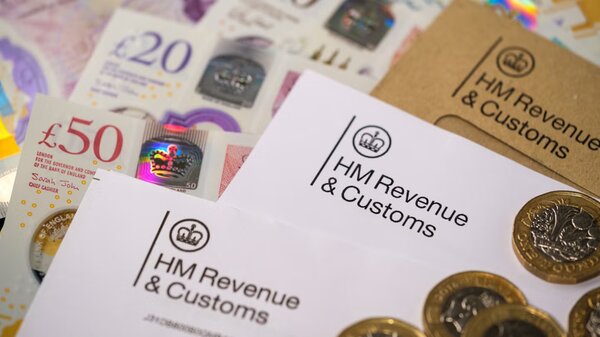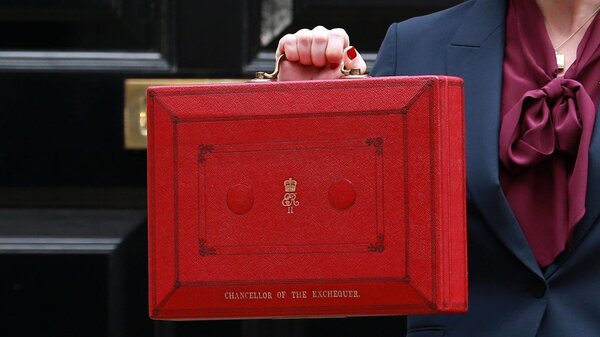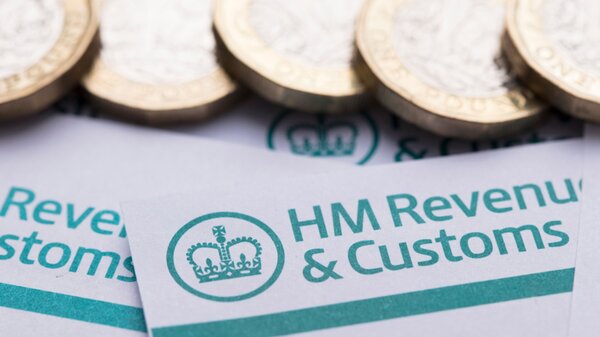Understanding the Importance of Receipts for Self-Assessment Claims

Are you a self-employed individual or freelancer in the UK, puzzled about which expenses you can claim for self-assessment? Worry not! We've got you covered with a comprehensive guide on why keeping receipts is essential and how to manage them effectively.
The Essentials of Self-Assessment Receipts
When you file your self-assessment tax return, it's crucial to understand the importance of receipts and how they impact your claims:
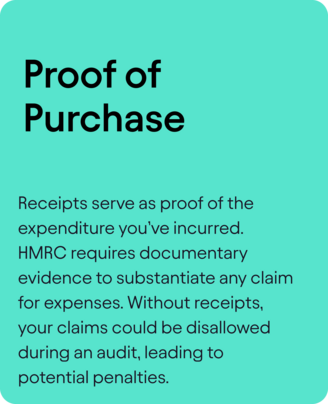
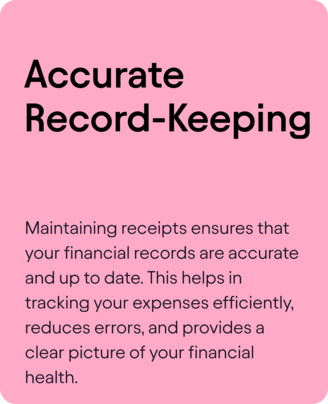
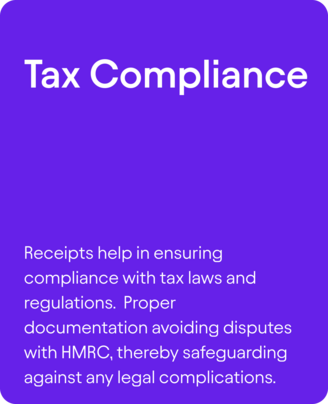
How to Manage Your Receipts Efficiently
Follow these steps to keep your receipts organised and ensure smooth claims:
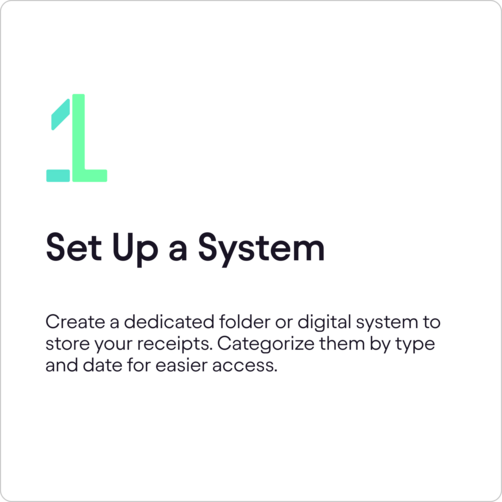
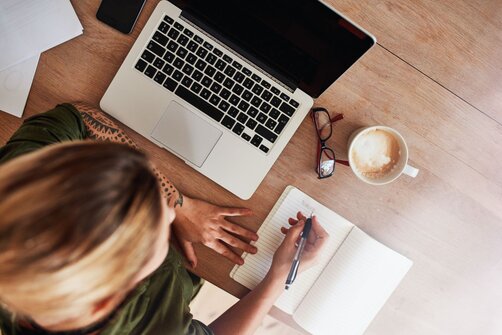
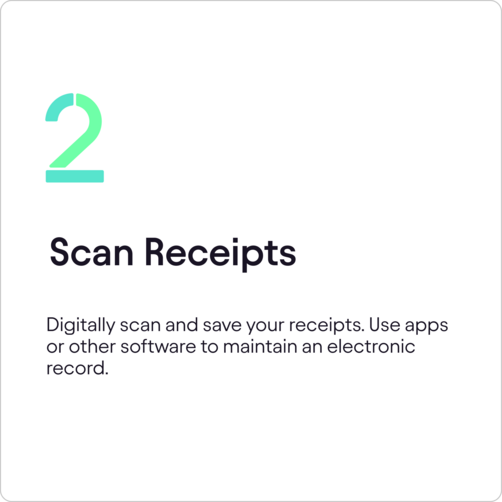

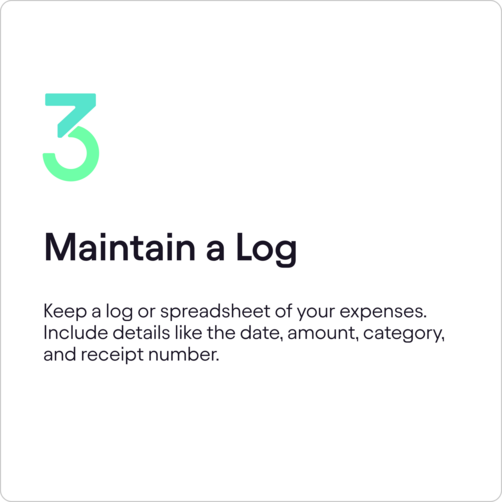

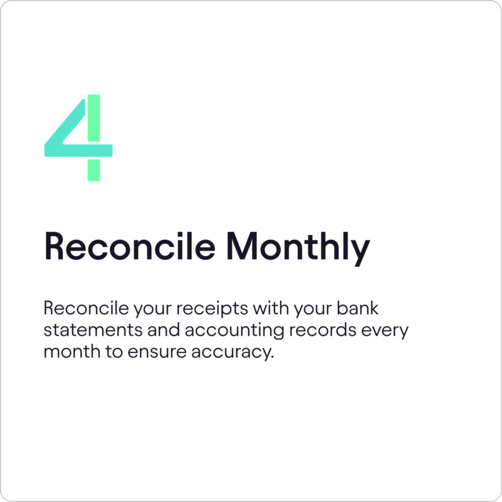

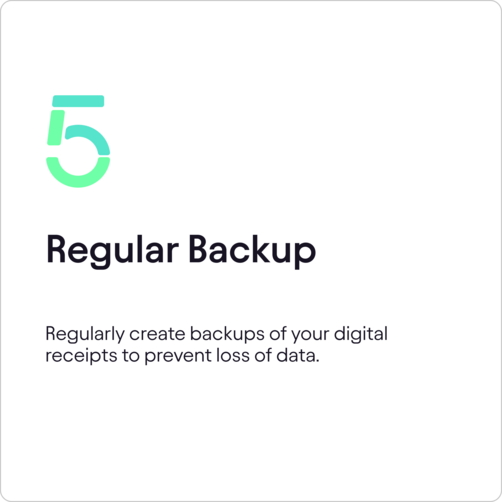

Tools and Options for Managing Receipts

Option 1: Receipt Tracking Apps
With the help of PIE, you can connect your bank account and upload receipts to match your bank transactions that are stored safely on the cloud. This method will not only streamline the process of managing receipts but also keep you updated with your outgoing costs in a timely manner. Additionally, this will greatly help you to keep accurate records of their expenses in the event that HMRC will require tax payers to show proof of expenditures.
Option 2: Cloud Storage Services
Utilise cloud services such as Google Drive or Dropbox for storing and organising scanned receipts. These platforms offer easy access from any device, secure storage options to protect your data, and the ability to share documents effortlessly with others. Additionally, they often come with features like search functionality and automatic backups, which further enhance their convenience and reliability for managing your financial records.

Additional Considerations

Keep the original receipts even after digitising them. This ensures you have a backup for secure record-keeping.Original Receipts

Ensure receipts are legible and show all necessary details like date, vendor, and amount. This helps in accurate and efficient record-keeping.Receipt Legibility

Regularly review HMRC guidelines for acceptable expenses to stay compliant. This helps avoid any potential issues during audits or assessments.HMRC Guidelines
Expert Assistance with PIE Tax
Navigating the complexities of self-assessment can be challenging, but with Pie Tax, you have access to expert guidance that can help you through the process. Our platform offers tailored solutions to manage your tax returns smoothly and efficiently.

Over 10 million individuals filed a self-assessment tax return in the UK for the 2022/23 tax year.

HMRC fined about 367,000 people for late or incorrect self-assessment returns in 2021, emphasising the need for accurate record-keeping.
Frequently Asked Questions
What types of expenses can I claim for self-assessment?
You can generally claim expenses that are wholly, exclusively, and necessarily incurred for business purposes. These include travel, office supplies, and professional services.
How long should I keep my receipts for self-assessment?
HMRC recommends keeping your records for at least five years after the 31 January submission deadline for the relevant tax year.
Can digital receipts be accepted by HMRC?
Yes, HMRC accepts digital copies of receipts as long as they are legible and complete.
What happens if I lose a receipt?
If you lose a receipt, try to obtain a duplicate from the vendor. If that's not possible, keep a note of the expense details and document efforts to obtain a duplicate.
Are there any penalties for inadequate record-keeping?
Yes, inadequate record-keeping can lead to disallowed claims and potential fines from HMRC during an audit.




